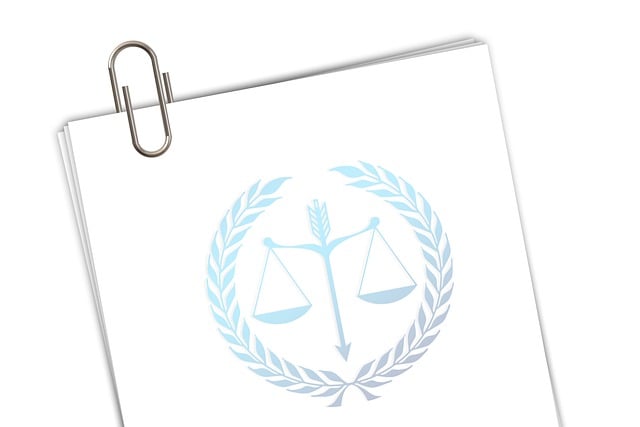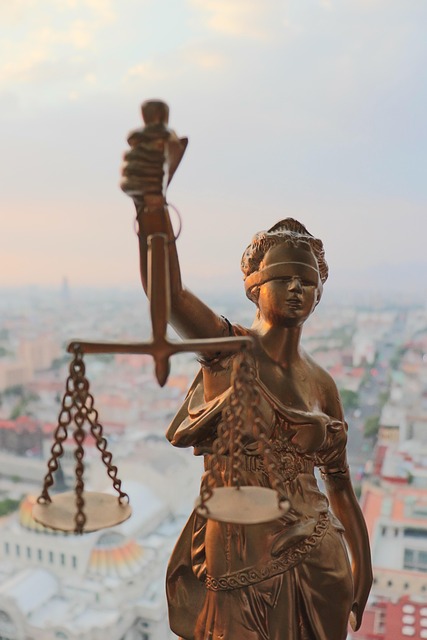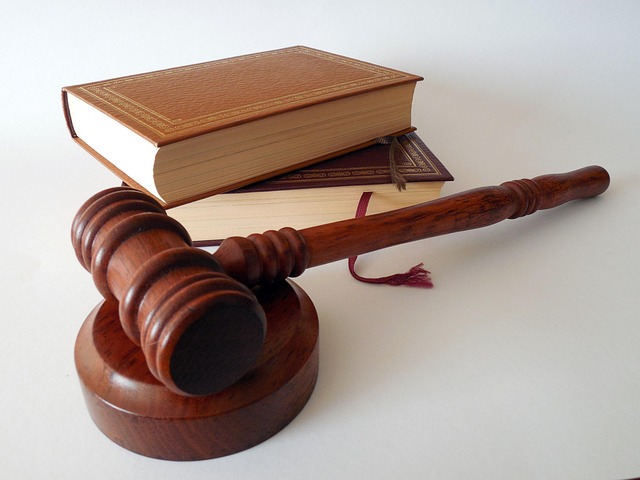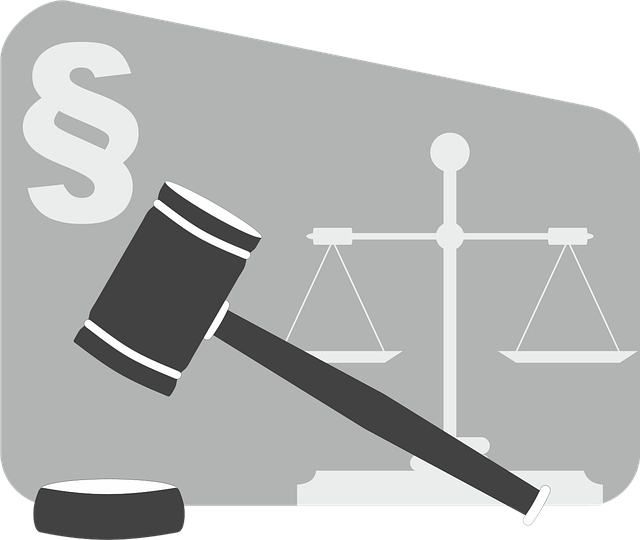Public corruption, including bribery and embezzlement, carries severe legal repercussions for officials and clients alike. Victims can seek Types of Compensation for Personal Injury through civil lawsuits, aiming for damages, punitive measures, or even charge dismissal with a strong criminal defense. Navigating this complex process requires understanding rights and strategies to deter future misconduct and gain economic relief.
Public corruption charges cast a shadow over governments and institutions, undermining public trust. This article unravels public corruption charges, delving into their legal implications and exploring types of compensation available to victims of related personal injuries. We examine strategies for seeking justice and redemption, empowering individuals affected by this pervasive issue. Understanding these aspects is crucial for holding accountable those who engage in corrupt practices and providing recourse for harm caused, including various Types of Compensation for Personal Injury.
- Understanding Public Corruption Charges: Definition and Legal Implications
- Common Types of Compensation in Personal Injury Cases Related to Corruption
- Strategies for Victims Seeking Justice and Redemption
Understanding Public Corruption Charges: Definition and Legal Implications

Public Corruption Charges refer to instances where public officials or those in positions of power misuse their authority for personal gain, often involving illicit payments or favors. This can manifest in various forms, including bribery, embezzlement, and abuse of office. Understanding these charges is crucial, as they carry significant legal implications. When a public official is accused of corruption, it not only affects their personal reputation but also erodes public trust in governance institutions.
The legal consequences for public corruption charges can be severe. Accused individuals may face jail time, fines, and other penalties. Moreover, corporate and individual clients associated with corrupt practices might also be held accountable through mechanisms like civil lawsuits or regulatory actions. The goal of such legal proceedings is not only to punish wrongdoers but also to deter future instances of public corruption. In some cases, a complete dismissal of all charges may be possible if the accused can prove their innocence beyond a reasonable doubt, typically achieved through robust legal defense and jury trials.
Common Types of Compensation in Personal Injury Cases Related to Corruption

When individuals are harmed due to acts of public corruption, they may seek Types of Compensation for Personal Injury through legal avenues. In such cases, victims can claim damages for various losses incurred. These often include medical expenses, rehabilitation costs, lost wages, and pain and suffering. The specific compensation depends on the nature and extent of injuries caused by corrupt practices.
High-stakes cases involving public corruption may also lead to philanthropic and political communities being implicated. As a result, individuals or entities could face civil lawsuits seeking redress for harm done. A general criminal defense strategy might be employed to navigate these complex high-stakes cases, where the stakes are high both financially and reputationally.
Strategies for Victims Seeking Justice and Redemption

Victims of public corruption face a complex path to justice, but there are strategies they can employ to seek redemption and compensation. One crucial step is understanding their rights and the potential avenues for recourse. This may involve navigating all stages of the investigative and enforcement process, from filing formal complaints to collaborating with law enforcement agencies.
Seeking Types of Compensation for Personal Injury sustained due to corruption can be a powerful form of redress. Whether it’s financial restitution, punitive damages, or the complete dismissal of all charges, these measures can not only provide economic relief but also serve as a deterrent for future misconduct. With the right legal representation and a thorough understanding of their rights, victims can work towards challenging defense verdicts and achieving justice in their pursuit for redemption.
Public corruption charges are a serious matter with significant legal implications, often leading to complex personal injury cases. Understanding these charges is crucial for victims seeking justice and compensation. In light of the above, it’s clear that those affected by corruption-related injuries may be eligible for various types of compensation, including financial restitution and legal support. By employing strategic approaches, victims can navigate this labyrinthine process and strive for a meaningful redemption. Moreover, recognizing the common types of compensation available for personal injury cases related to corruption empowers individuals to take proactive steps towards justice.






